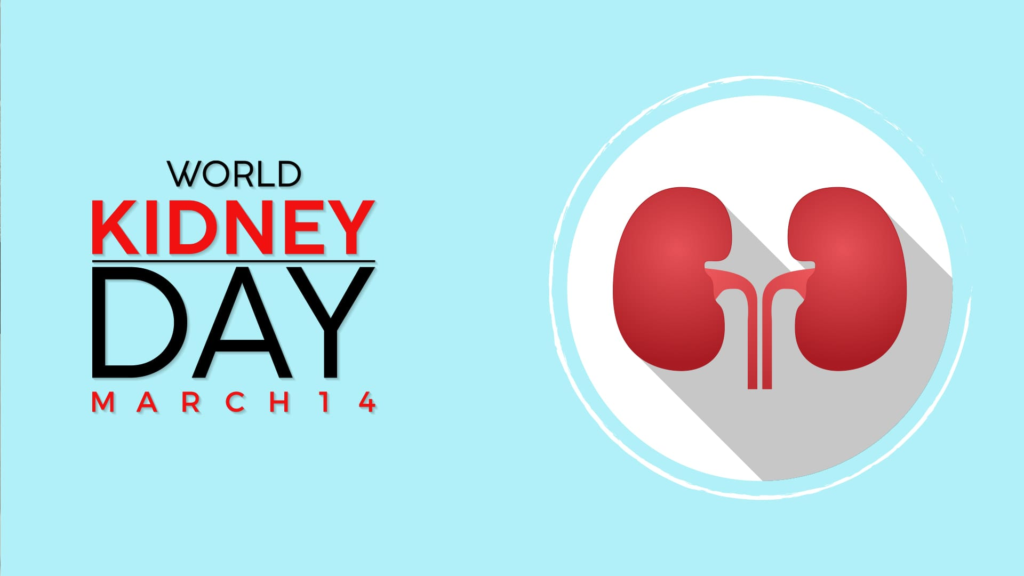
Table of Contents
- Introduction
- The Link Between Diabetes and Kidney Health
- How High Blood Sugar Affects Your Kidneys
- Signs Your Kidneys May Be Affected
- Who’s at Risk?
- Steps to Protect Your Kidneys
- Diet and Lifestyle Tips
- When to Get Tested
- Final Thoughts
1. Introduction
Diabetes doesn’t just affect your blood sugar. It quietly impacts other parts of your body—your eyes, nerves, heart, and yes, your kidneys. One of the most serious complications of diabetes is Diabetic Kidney Disease (DKD), a condition that can lead to kidney failure if left unchecked. But here’s the good news: with the right knowledge and timely action, you can protect your kidneys and stay ahead of the curve.
2. The Link Between Diabetes and Kidney Health
Your kidneys filter waste from the blood and regulate important functions like blood pressure and fluid balance. Diabetes can damage this delicate filtering system. In fact, diabetes is the leading cause of chronic kidney disease worldwide. Over time, high blood sugar levels can harm the small blood vessels in your kidneys, affecting their ability to function properly.
3. How High Blood Sugar Affects Your Kidneys
When blood sugar levels remain high over a long period, the kidneys are forced to filter more blood than usual. This puts pressure on the kidneys, gradually causing wear and tear on the filtering units (called nephrons). Eventually, proteins like albumin leak into the urine—a warning sign that your kidneys are struggling.
4. Signs Your Kidneys May Be Affected
Kidney problems often creep in silently, without obvious symptoms in the early stages. But as the damage worsens, you may notice:
- Swelling in the feet, ankles, or hands
- Frequent urination, especially at night
- Foamy or bubbly urine
- Fatigue and difficulty concentrating
- Muscle cramps or nausea
If you have diabetes, these symptoms should never be ignored.
5. Who’s at Risk?
You’re more likely to develop kidney issues if you:
- Have had diabetes for many years
- Don’t manage blood sugar levels consistently
- Have high blood pressure
- Have a family history of kidney disease
- Smoke or lead a sedentary lifestyle
Even if you feel healthy, it’s important to get tested regularly if you fall into any of these categories.
6. Steps to Protect Your Kidneys
Here’s what you can do today to keep your kidneys in good shape:
- Monitor your blood sugar: Keep it within the target range recommended by your doctor.
- Keep your blood pressure under control: Aim for below 130/80 mmHg.
- Stay hydrated: But avoid excessive fluid intake unless advised.
- Avoid unnecessary painkillers: Long-term use of NSAIDs (like ibuprofen) can strain your kidneys.
- Quit smoking: It worsens kidney damage and affects blood flow.
7. Diet and Lifestyle Tips
- Eat less salt: Sodium raises blood pressure and can worsen kidney damage.
- Limit protein: Too much protein can overwork the kidneys—go for moderate amounts from plant-based sources.
- Choose whole grains and fresh produce: Avoid processed foods and sugary snacks.
- Exercise regularly: Even 30 minutes a day of walking or yoga helps.
- Reduce alcohol: It can cause spikes in blood sugar and raise blood pressure.
8. When to Get Tested
If you have diabetes, regular testing is crucial:
- Urine test (for albumin): At least once a year
- Blood test (for GFR – Glomerular Filtration Rate): To check how well your kidneys are filtering
- Blood pressure monitoring: Consistently, as high BP accelerates kidney damage
Early detection can slow down or even prevent serious kidney complications.
9. Final Thoughts
Diabetes and kidney health are closely connected, but this isn’t a reason to worry—it’s a reason to be informed. With mindful choices, regular check-ups, and the right lifestyle habits, you can protect your kidneys and live a healthy, active life. Knowledge is power, and when it comes to your kidneys, early action makes all the difference.

